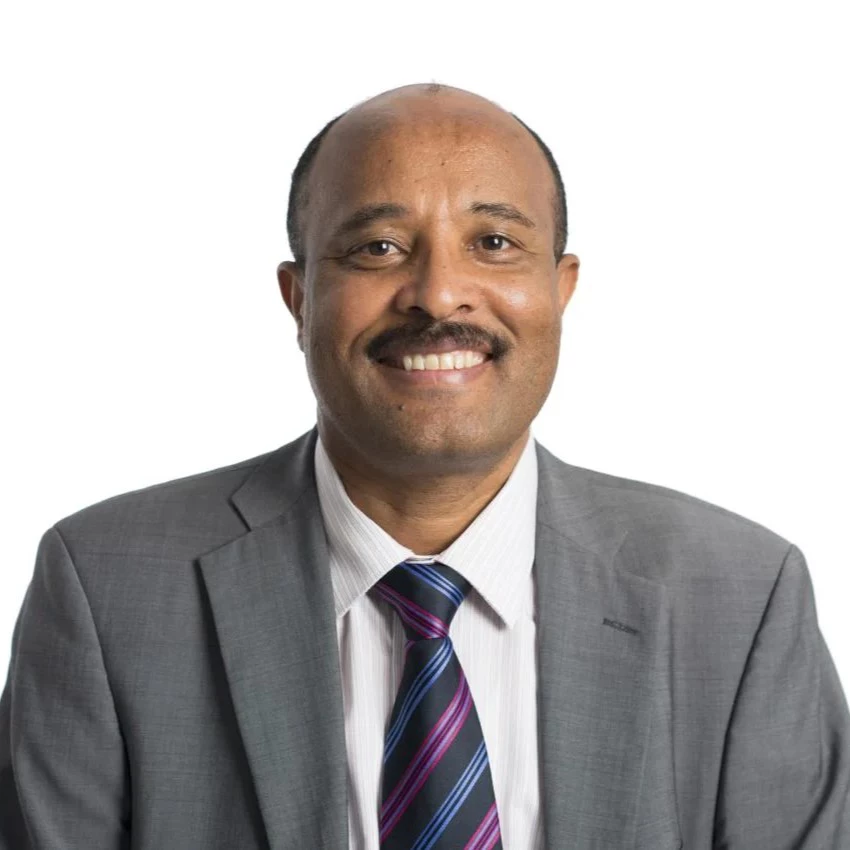
“I am always hungry, as oftentimes my family and I skip meals. I want to go to school like my friends, but my parents always say it is too expensive. If I go to school, then I can’t work to help them buy food, and then I am hungry again. I am helpless when it comes to changing my situation, I have no voice and there are few people that see things the way I do.”
This is just a fictive sample of the kinds of concerns a disadvantaged child might be experiencing. The depth and dimensions of poverty for children and the resulting policy implications span well beyond nutrition and education, and more often than not, they differ from than those for adults. Children can’t vote and have few advocates, yet their interests in major economic policy issues frequently diverge significantly from those of adults. These divergences may reflect significant repercussions of major policy reforms on many essential aspects of their well-being including nutrition, schooling, and health. These repercussions can, in turn, have a dramatic impact on the future economic growth and human development of the societies in which they live.
To address this divergence, UNICEF’s regional and country offices across Africa have recently commissioned the Partnership for Economic Policy (PEP) to explore a child’s perspective on a variety of major policy issues such as fuel and electricity subsidy reform, public spending on education and the investment of new natural resource revenues. Following PEP’s philosophy of supporting and promoting local analytical capacity to produce reliable evidence for policy, these studies were conducted jointly by local researchers and international experts. A combination of computable general equilibrium (CGE) and microsimulation approaches were also employed.
One of the most encouraging key findings of the research revealed that by diverting only a small share of the budgets involved toward the interests of children, substantial impacts can ensue. For example, investing as little as 10% of public savings from the recent fuel subsidy cuts in Egypt into child cash grants would actually uplift 1.6 million children out of poverty. Similar findings yielded the same results concerning electricity subsidy cuts in Jordan and fuel subsidy cuts in Ghana. In Uganda, a little under 10% of new oil revenues could finance a 3 percentage point increase in education spending (as a share of total public spending), which would have the following wide-ranging benefits for children and the Ugandan society as a whole: over 1-1.4 million additional children in primary school, 340-540,000 additional skilled workers, a 1% increase in the GDP growth rate, and nearly 100,000 children moving out of extreme poverty.
These studies show that it is possible to rigorously and quantitatively provide children’s perspectives on major policy issues. Furthermore, they show that cost of policies to protect and promote child well-being in the context of major policy reforms are modest yet contribute strong, positive impacts on society as a whole through improved growth performance and enhanced human development.
PEP is a specialized international think-tank and network producing policy-relevant knowledge and building local expertise through key national and international research initiatives. Under its global research programs, PEP has developed numerous analytical tools and methods for analysis of poverty, inequality and distributional impacts, including child poverty and welfare. More information is available at www.pep-net.org and www.pep-net.org/special-research-initiatives/
CONTACTS
- PEP’s research on child well-being: John Cockburn (jcoc@ecn.ulaval.ca), former executive director, PEP and currently professor of economics at Laval University in Québec.
- PEP’s activities in general: Bekele Shiferaw (b.shiferaw@pep-net.org), Executive Director, PEP.


Join the Conversation